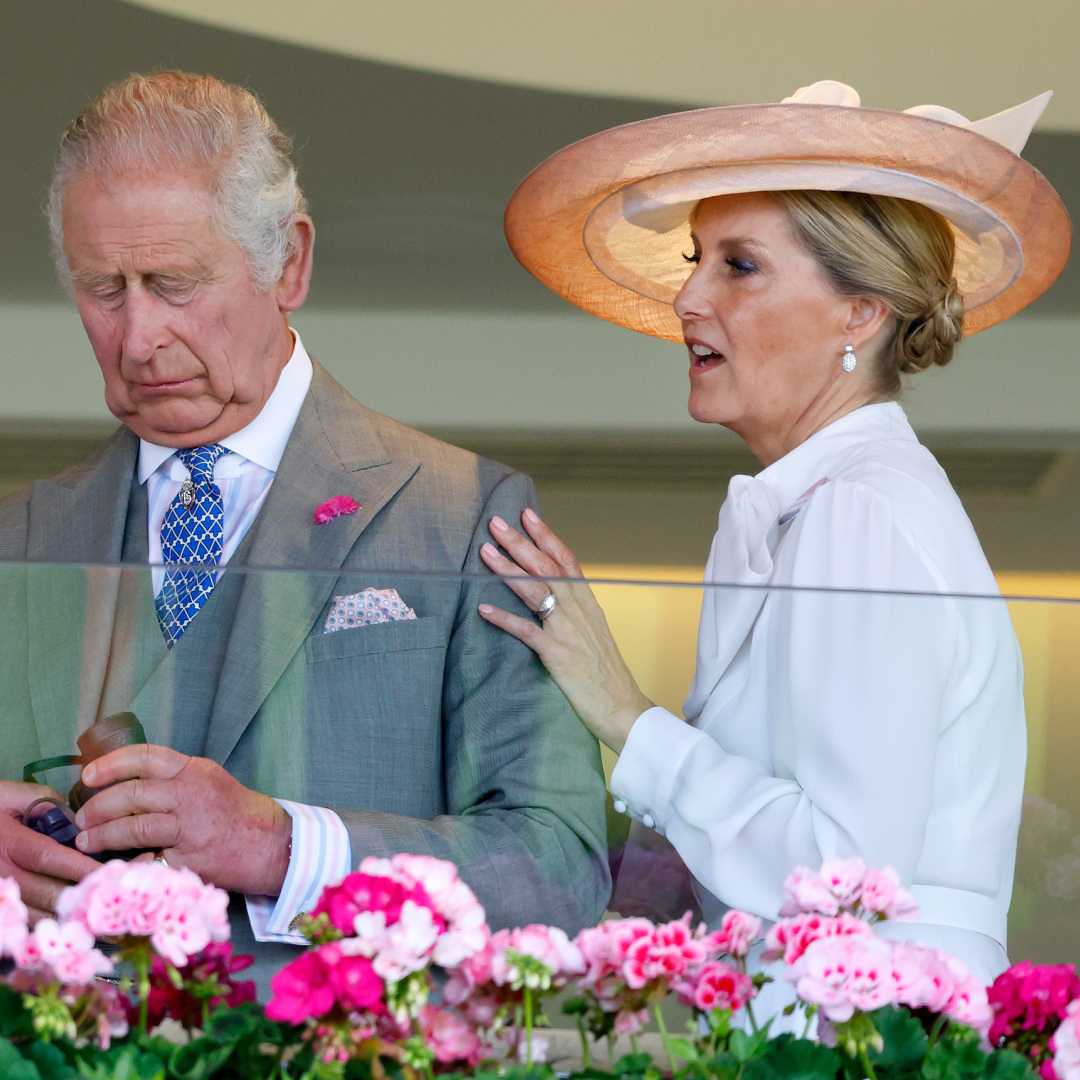How to Invest in Mutual Funds as a Beginner, According to a Financial Expert
Gone are the days when you had to call up a broker and make an appointment. There's an easier way to get started.

Investing always starts with a plan that factors in things like your earnings, savings, and debt. Once you determine how much you want to invest, as well as your financial goals, you'll come across an array of options to put your money in. One of those options: Mutual funds.
You can buy mutual funds directly from an investment firm or invest through your 401K. But often, the packet of info you get to sign up for your 401K offers little to no guidance. And by the time you get to the list of mutual funds, your eyes are likely glazing over. While it may not seem thrilling, once you self-educate yourself on investing, building your wealth can actually be exciting. Here's how to get started.
What are mutual funds?
Mutual funds are pooled investments that consist of stocks, bonds, or a mixture of both, along with other investment securities that are managed by a professional investment manager. In other words, millions of investors bring their money together to invest in a diversified portfolio. Since a money manager is selecting the investments for that fund, it allows you to invest at a lower cost.
According to the Investment Company Institute’s 2022 Research Report, between mid-2000 and mid-2022, assets held in mutual funds increased from $7.1 trillion to $22.2 trillion. The sheer number of participants in mutual funds allows for greater purchasing power when it comes to buying stock in companies that may be considered expensive to purchase on your own.
Having an investment manager takes the guesswork out of selecting individual stocks, too. You can put your money in the mutual fund and let the market work for you.
Mutual funds come in different classes, most notably A-shares and C-shares, that come with varying fees. But there are mutual funds that are "no-load," which means there are no fees to purchase and to keep your money in the fund.
How can you invest in one?
You can buy mutual funds directly from the investment company itself. When you buy direct, there are no commissions or brokerage fees. However, your selection may be limited to only the funds the company has invested in.
Stay In The Know
Get exclusive access to fashion and beauty trends, hot-off-the-press celebrity news, and more.
Want more options? You can also purchase mutual funds from online discount brokers such as Charles Schwab or Merrill Edge. That will give you access to a buffet of mutual funds that align with your investment objectives and make it simple to get started. Many of these types of brokers will waive fees and have no commissions if you elect to open and maintain your account online.
How do they work?
Mutual funds pool money together from investors and an investment manager makes decisions on the stocks, bonds, or other securities to purchase for the fund. Unfortunately, as an investor you do not have a say in the selection process—only in purchasing the mutual fund. Nevertheless, each fund has an investment objective—a distinct goal to increase your investment. This investment objective gives you a preview on the strategy that the investment manager intends to use to grow the profits of the fund.
When you buy a mutual fund, your purchase request is filled at the end of the day based on the fund’s daily share value, meaning that when you purchase the price you will pay is determined at the end of the trading day.
Once your purchase request (or buy order) is accepted and executed, it takes the trade date plus two business days to finalize the sale.
When should I invest in mutual funds?
Dollar-cost averaging should be used when purchasing mutual funds, whereas you should be consistently purchasing more shares when the market is down and purchasing less shares when the market is high.
The longer you are able to invest and make consistent contributions increases the potential for your investments to grow over time in a mutual fund. Mutual funds perform well when the overall stock market is running high, but many mutual fund investors may have invested during times when the market may have taken a dip.
Bottom line: If you're overwhelmed by the world of investing, mutual funds may be the way to go if you’re seeking a diversified, convenient, and low-cost way to join other investors in getting started on your investment journey.
The founder of Stocks & Stilettos - a community of over 100,000 Black women investors - has spent decades working as a Wealth Strategist and Financial Advisor for some of the world's most prestigious institutions, from Meryl Lynch to AIG and Ernst & Young. In her new book, Fearless Finances (HarperCollins), she addresses the generational financial curses specifically affecting Black investors and teaches high earning Black women how to grow their wealth by investing.
-
 Taylor Townsend Sea Mosses Her Way to Better Wellness
Taylor Townsend Sea Mosses Her Way to Better WellnessThe tennis star serves up self-care between sets.
By Siena Gagliano
-
 What to Know About the Cast of 'Resident Playbook,' Which Is Sure to Be Your Next Medical Drama Obsession
What to Know About the Cast of 'Resident Playbook,' Which Is Sure to Be Your Next Medical Drama ObsessionThe spinoff of the hit K-drama 'Hospital Playlist' features several young actors as first-year OB-GYN residents.
By Quinci LeGardye
-
 Duchess Sophie Stepped Up to Represent King Charles at Event Amid Calls for King Charles to "Slow Down"
Duchess Sophie Stepped Up to Represent King Charles at Event Amid Calls for King Charles to "Slow Down"The Duchess of Edinburgh filled in for The King at the Royal Military Academy Sandhurst.
By Kristin Contino